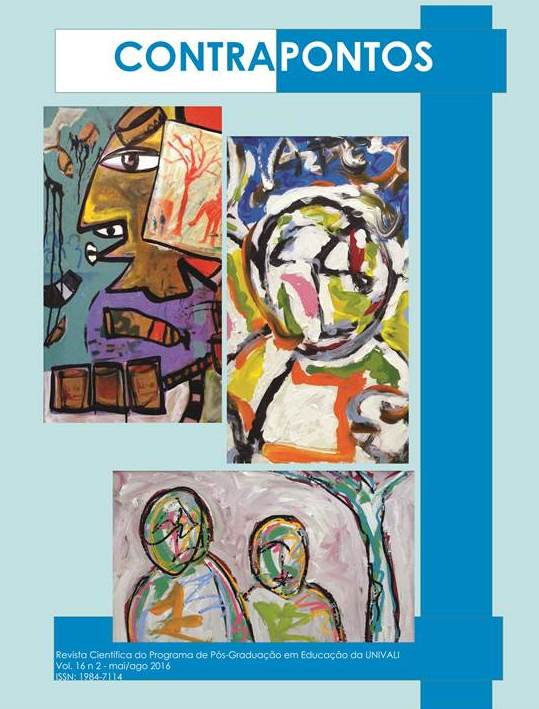
The article seeks to understand how far the work of teachers in prisons guarantees the convicts’ right to education. This study is justified by the current interest and relevance of acknowledging prison as an educational space with multiple possibilities. Thus, we attempted to answer the questions: Who are the professionals that work in prisons? How does the work of the pedagogue contribute to the implementation and execution of education offerings within prisons? and What training requirements and teaching skills are essential for this professional to work within these spaces? The works of Certeau (2011), Chartier (1990), Frago (1995), Foucault (2013), Freire (1983, 2011), Frison (2004), Gatti and Barreto (2009), Julia (2001), Ribeiro (2011), and Souza (2011) were particularly important for further examining the problem question, and increased the perception of pedagogical practice in spaces where there is privation of freedom. The reflections of this study were the result of a qualitative study consisting of a literature, review and field research. The latter consisted of semi-structured interviews with five teachers working in jails in the State of Paraná, Brazil. The study raises new and important debates on the training of teaching professionals to work in different settings, such as prisons, favoring reflection on the need for a teaching work that is consistent and emancipatory.





